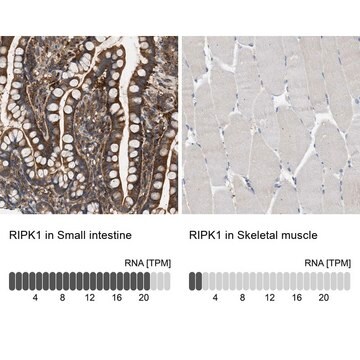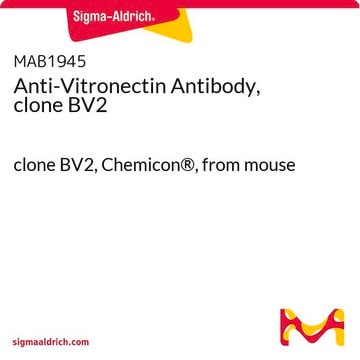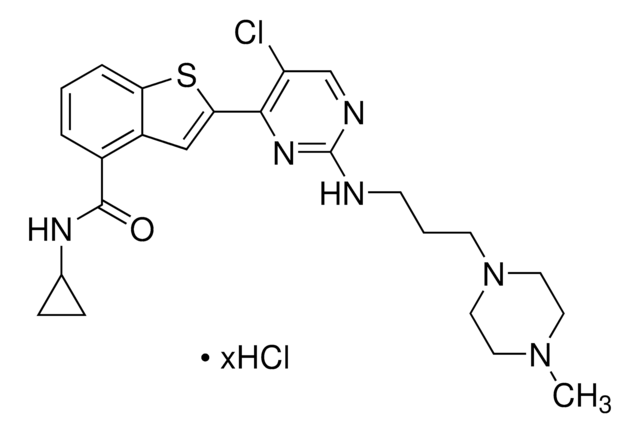MAB88917
Anti-Vitronectin Antibody, clone 8E6(LJ8)
clone 8E6(LJ8), Chemicon®, from mouse
Synonym(s):
Serum spreading factor, S-protein
About This Item
IHC
WB
immunohistochemistry: suitable
western blot: suitable
Recommended Products
biological source
mouse
Quality Level
antibody form
purified immunoglobulin
antibody product type
primary antibodies
clone
8E6(LJ8), monoclonal
species reactivity
human
manufacturer/tradename
Chemicon®
technique(s)
ELISA: suitable
immunohistochemistry: suitable
western blot: suitable
isotype
IgG1
NCBI accession no.
UniProt accession no.
shipped in
wet ice
target post-translational modification
unmodified
Gene Information
human ... VTN(7448)
Specificity
Immunogen
Application
Cell Structure
ECM Proteins
Immunocytochemistry: 5-20 μg/mL
ELISA: 5-20 μg/mL
Optimal working dilutions must be determined by end user.
Linkage
Physical form
Storage and Stability
Other Notes
Legal Information
Disclaimer
Not finding the right product?
Try our Product Selector Tool.
Storage Class Code
12 - Non Combustible Liquids
WGK
WGK 2
Flash Point(F)
Not applicable
Flash Point(C)
Not applicable
Certificates of Analysis (COA)
Search for Certificates of Analysis (COA) by entering the products Lot/Batch Number. Lot and Batch Numbers can be found on a product’s label following the words ‘Lot’ or ‘Batch’.
Already Own This Product?
Find documentation for the products that you have recently purchased in the Document Library.
Our team of scientists has experience in all areas of research including Life Science, Material Science, Chemical Synthesis, Chromatography, Analytical and many others.
Contact Technical Service